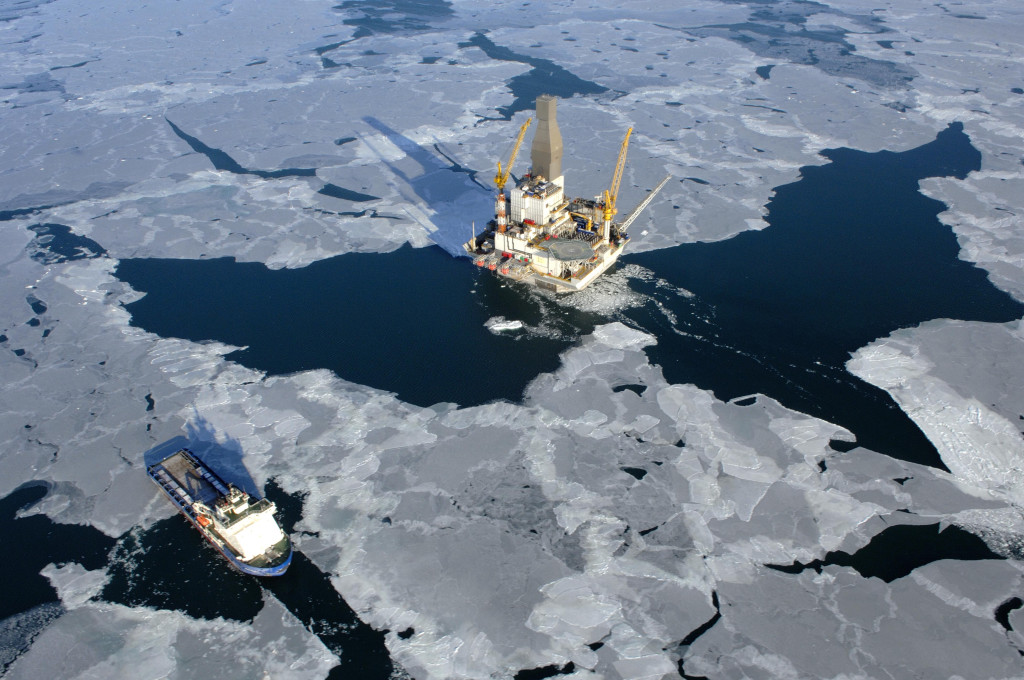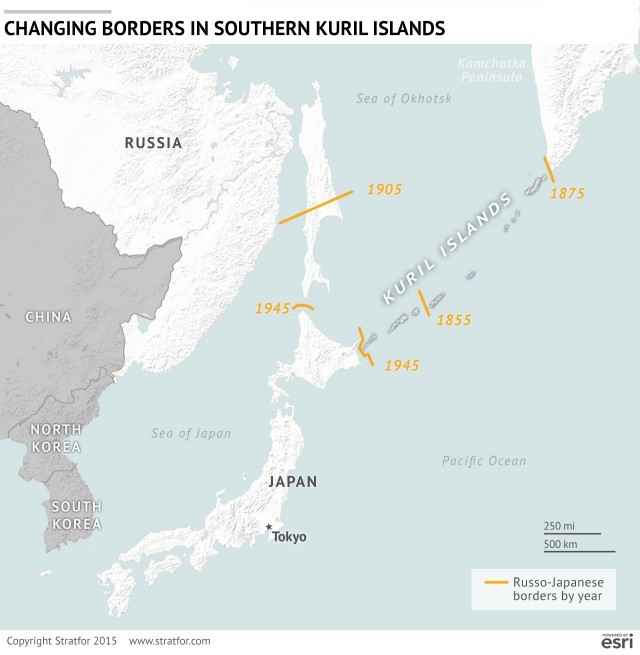
Russia’s Rosneft, the world’s largest publicly traded oil producer by output, has offered Japan partnership in Far East and Siberian oil projects, to the tune of 6 billion barrels and a resource base of 100 billion barrels of oil equivalent.
Igor Sechin, CEO of the state-owned oil company offered Japanese companies to participate in Russian oil projects, including drilling at Sakhalin and Siberian oil fields. Sechin, who was in Japan last week, offered unnamed Japanese partners participation in 10 projects.
He said that he is ready to offer cooperation “from exploration, commercial, and development stages.” However, more likely than not, Rosneft, one of the world’s most highly-indebted oil companies, is looking for upfront capital.
“Rosneft offers our Japanese partners production projects with reserves totaling 6 billion barrels and the resource base of 100 billion barrels of oil equivalent,” Sechin said at the Russian-Japan energy conference in Tokyo on November 6.
Sechin also offered Japanese firms the chance to participate in Rosneft’s Siberian oil fields Verkhnechonskoye, Srednebotuobinskoye, Tagulskoye, and Russkoye.
Joint work with Japanese companies in the Far-East Petrochemical Co refining and petrochemical project and the development of Zvezda shipyard are also potential areas of cooperation.
Sechin said that his oil company would consider involving Japanese partners in building a potential natural gas pipeline from Sakhalin to Japan.
Currently, the two countries only collaboration is offshore drilling off the Sakhalin-1 and Sakhalin-2 LNG facilities. Sodeco has a 30 percent share in Sakhalin-1 with Rosneft and Japan’s Mitsui and Mitsubishi are shareholders in the Sakhalin-2 project with Gazprom.
Japan has been eager to get involved in energy project in Sakhalin (ever more so since the Fukushima disaster), despite the fact that the island and its waters have been under Russian (then Soviet) jurisdiction since the end of World War II, and is still a diplomatic sore spot for Tokyo.
Both Russia and Japan have historical ties to the island of Sakhalin, and up until 1945, both co-inhabited the island. In 1905, the island was split at the 50th parallel between the Russian and Japanese empires.

Another dispute, dating back to the Russo-Japanese war at the beginning of the 20th century, is the territorial dispute over the Kuril Islands, which has made diplomatic relations between the two countries frosty since.
As the world’s largest consumer of LNG, Japan is an important client for Russia, which is trying to expand its LNG market share.
Japanese companies could provide Russia with advanced technology, as well as upfront investment for Rosneft projects, in exchange for stakes in oil fields or LNG projects. Beijing is taking advantage of Moscow’s precarious economic situation, and now maybe it is time that Tokyo does the same.
Vladimir Putin was expected to make a state visit to Japan by the end of this year, but this could be delayed until 2016. Whenever Putin makes his trip for a one-on-one with Prime Minister Shinzo Abe, more concrete details on the energy deals can be expected.
The most recent diplomatic meeting between the two states was in September when Japanese Foreign Minister Fumio Kishida visited Moscow and met with counterpart Sergey Lavrov.
Japan has joined US and EU allies in sanctioning Russia over its annexation of Crimea in March 2013.
Louise Dickson
